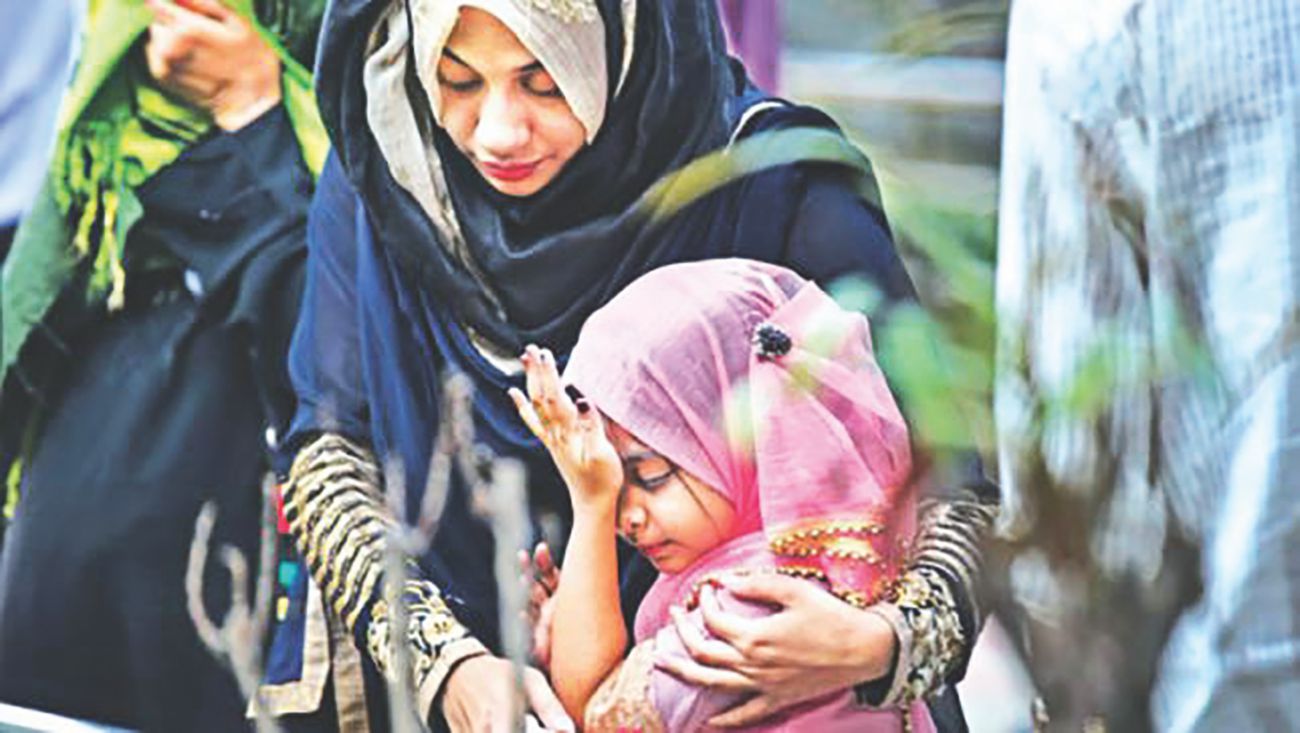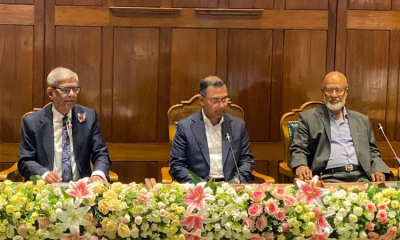As 25 February marks 13 years of the mutiny in the country's paramilitary force, families of the victims of the deadly carnage still await the punishment of the perpetrators to be carried out.
Following the two-day carnage that broke out at the Peelkhana headquarters of the then Bangladesh Rifles (BDR), later renamed Border Guard Bangladesh, leaving 74 people including 57 army officers killed, two murder and explosive cases were filed.
In November 2013, a Dhaka court sentenced 152 BDR members to death, 160 to life imprisonment and 256 to various jail terms and acquitted 278 others in the murder case.
After the High Court's disposal, the case is now pending in the apex court's Appellate Division, while the trial court is yet to finish the recording of testimonies of witnesses in the explosives case.
Besides, the trial court could not finish recording statements of witnesses in another case filed under the Explosive Substances Act in connection with the same incident.
Despite having served their jail sentences, many convicts in the carnage case cannot walk out of jail as they stand accused in the second case which is currently under trial.
A total of 74 people, including 57 army officials, were killed in the mutiny that took place at the Pilkhana headquarters of the erstwhile Bangladesh Rifles (BDR) on February 25-26, 2009.
The mutiny had left the nation benumbed, as people stood aghast at the extent of the barbarity perpetrated at the headquarters of the paramilitary force, later renamed Border Guard Bangladesh (BGB).
A total of 829 people, mostly BDR members, were accused in the carnage case.
On November 5, 2013, a Dhaka court awarded death sentence to 150 BDR members and two civilians, and life imprisonment to 160 others for their role and involvement in the carnage. A total of 256 people, mostly BDR soldiers, were handed rigorous imprisonment.
The court acquitted 278 others, but the prosecution later appealed against the acquittal of 69.
The HC in January 2015 started hearing the appeals of the convicts and pronounced its verdict on November 27, 2017 confirming death penalty of 139. It upheld life sentences of 185 and three to 10 years' imprisonment of 256.
The court acquitted 209 accused.
The execution of the death row convicts now depends on hearing on appeals by the Appellate Division and its verdict.
Legal experts have called for a special bench in the Appellate Division to be formed and a time limit fixed in the judicial court for a speedy disposal of these cases.
The two cases are the biggest in the history of Bangladesh. Now it is difficult to say how long it will take to dispose of the appeals, criminal law expert advocate ZI Khan Panna opines.
Attorney General AM Amin Uddin said, the apex court will decide when it will start hearing the appeals maintaining the serial number of the cases.












-20260217073221.webp)




-20260216115008.webp)














